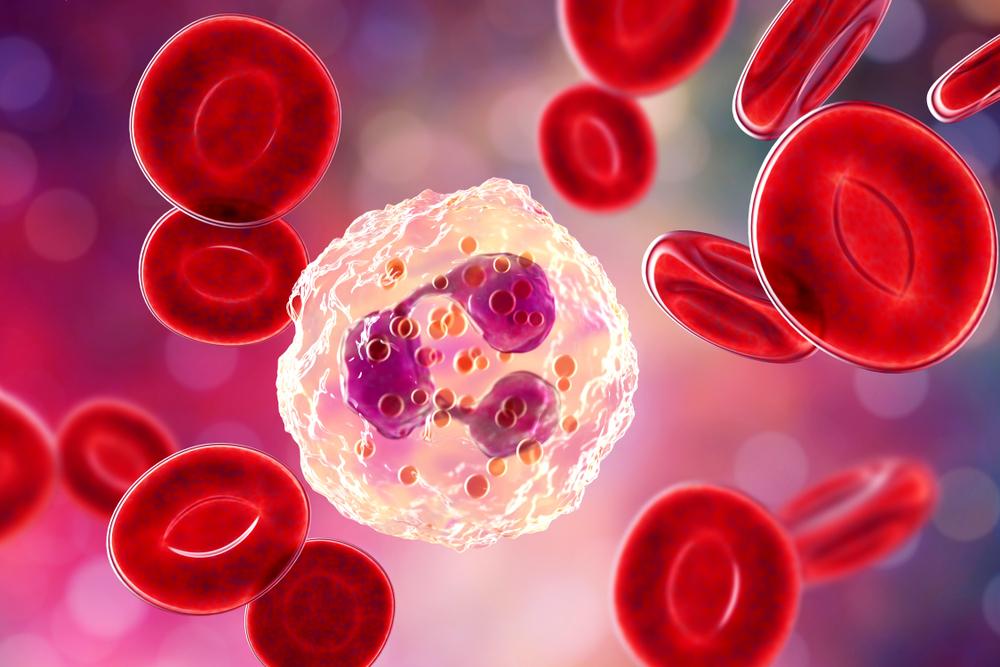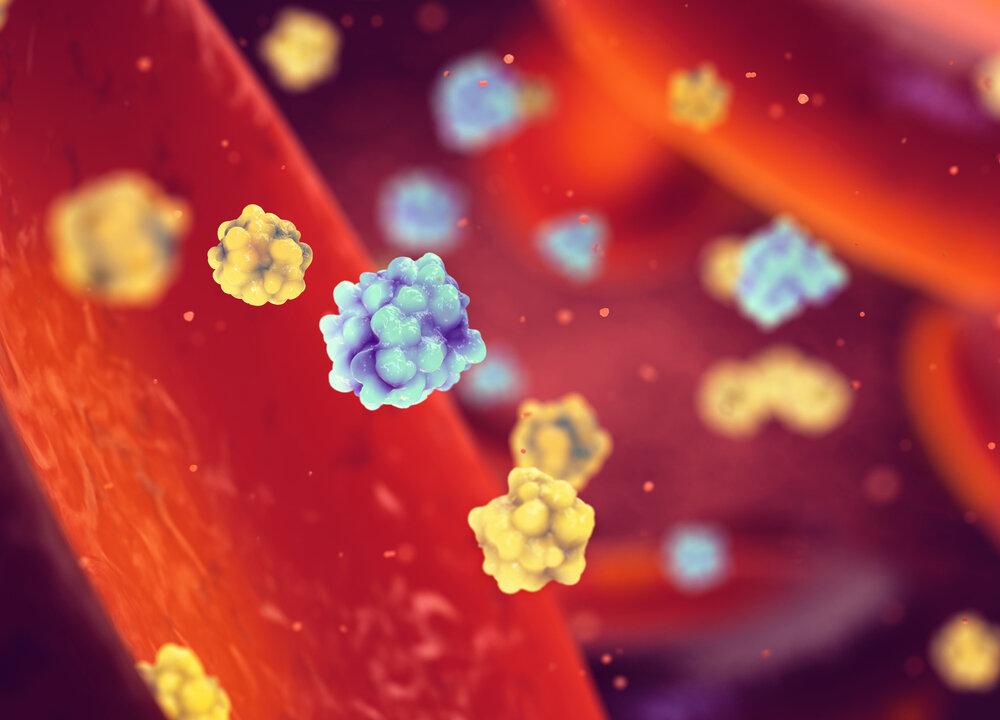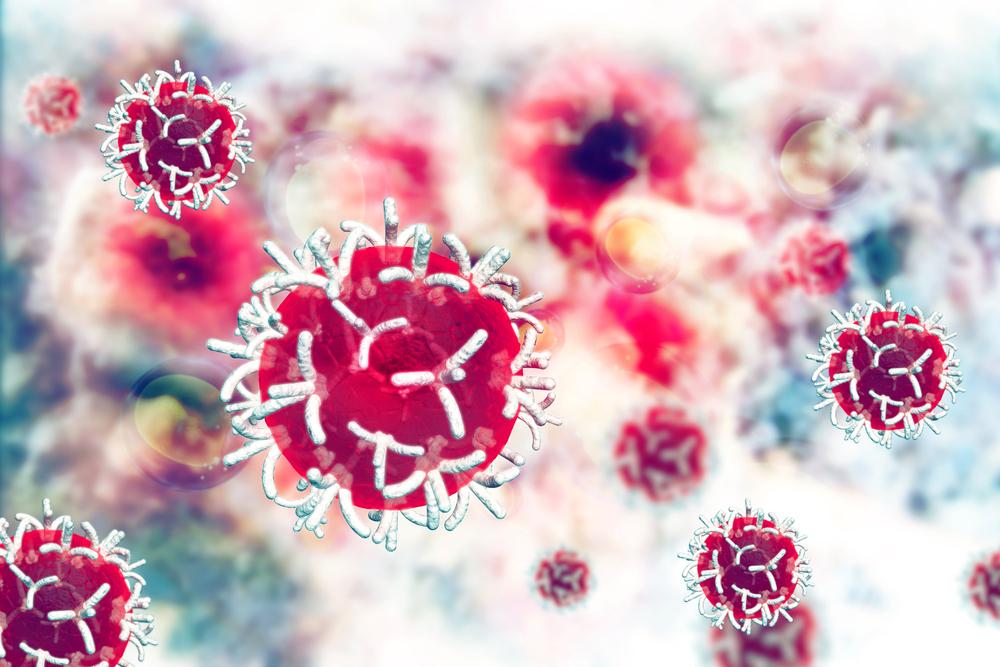Researchers have identified key markers to help physicians predict whether or not a patient may respond positively to a type of melanoma therapy, according to a study published by Nature Communications in September.
Melanoma, a highly aggressive form of skin cancer, and the most deadly, accounts for around 60 percent of skin cancer deaths, according to the American Cancer Society.





